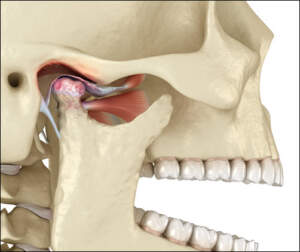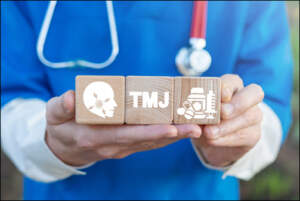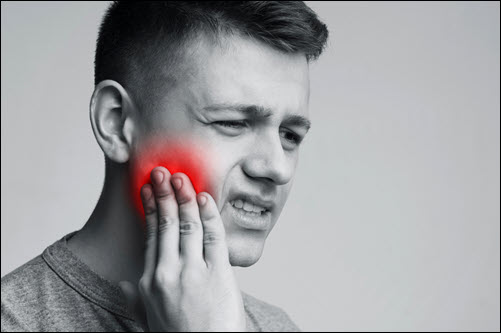Alleviating TMJ Popping, Clicking, and Pain
Temporomandibular Joint (TMJ) disorders, characterized by symptoms like clicking, popping, and jaw pain, can significantly impact your quality of life. However, several effective methods exist for managing and correcting these issues. Here’s an overview:
Consult with a Dental or Medical Professional:
The first step in addressing TMJ disorders is to get a proper diagnosis from a dentist or doctor. They can assess the severity of your condition and recommend appropriate treatments.
 Use of Oral Appliances:
Use of Oral Appliances:
A common treatment for TMJ disorders is the use of oral appliances like splints or mouth guards. These devices help align the jaw and can prevent teeth grinding (bruxism), which often exacerbates TMJ symptoms.
Medications:
Over-the-counter pain relievers and anti-inflammatories can alleviate pain and swelling. In some cases, muscle relaxants or stronger pain medications may be prescribed for short-term relief.
Physical Therapy:
Physical therapy can be very effective in treating TMJ disorders. Exercises to strengthen and stretch jaw muscles can help improve jaw function and reduce pain.
Stress Management and Relaxation Techniques:
Stress can contribute to TMJ disorders. Techniques such as deep breathing, yoga, or meditation can help manage stress levels and reduce jaw clenching.
 Avoiding Excessive Jaw Movements:
Avoiding Excessive Jaw Movements:
Limit activities that overextend the jaw, such as wide yawning, loud singing, and chewing gum. Be mindful of resting your chin on your hand, which can also put pressure on the TMJ.
Dietary Changes:
Opt for soft foods that require less chewing to give your jaw a break. Avoid hard, chewy, or sticky foods that can strain the TMJ.
Hot and Cold Compresses:
Applying warm or cold compresses to the jaw area can help relieve pain and reduce muscle tension.
Massage and Self-Care Techniques:
Gently massaging the jaw and temples can alleviate tension in the muscles around the TMJ.
Orthodontic Treatment:
Misaligned teeth or an uneven bite can contribute to TMJ disorders. In some cases, correcting these issues with braces or other orthodontic treatments can provide relief.
Surgical Options:
In severe cases where other treatments have failed, surgical options like arthrocentesis or TMJ arthroscopy may be considered.
It’s important to approach TMJ disorders with a holistic treatment plan tailored to your specific needs and symptoms. Regular follow-ups with your healthcare provider are essential to monitor progress and adjust treatments as necessary. With proper care and management, it is possible to significantly reduce or even eliminate the discomfort associated with TMJ disorders. If you or someone you know suffers from TMJ pain, contact us at Shpritz Family Dental for solutions to the problem!



